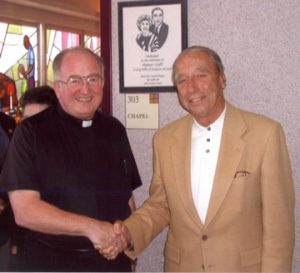We woke up this morning to some surprises in Iowa.
For the past several months America’s attention has focused on Iowa and the practice of caucuses instead of primaries. Only Iowa, Nevada, Alaska, and American Samoa caucus.
Caucuses present a nightmare to pollsters. Simply put it’s hard to predict who will actually show up and participate. Two days ago the Des Moines Register reported that Republican Donald Trump led with 28% and Ted Cruz followed with 24%. Marco Rubio commanded only 15%.
That’s not what happened. Today we learned that Ted leads with 28%, Don follows with 24%, and (most surprisingly) Marco surprised everyone with 23%.
On the Democrat side of the isle Hillary Clinton feared a defeat, given that Bernie Sanders is heavily favored in New Hampshire and losing the first two states bodes ill in the long run. It was close, but it appears Hillary won by a razor thin margin. To quote her campaign: a win’s a win.
Not surprisingly these results did winnow the field, even if a little. On the Republican side Mike Huckabee, and on the Democratic side Martin O’Malley, both suspended their campaigns. They made good choices. Neither were viable candidates and needed to leave.
This makes the Democratic nomination a two person race. On the Republican side, several candidates need to do the same thing. Right now Marco Rubio is the candidate of the “mainstream” wing, Ted Cruz is the candidate of the “Tea Party/Evangelical” wing, and Donald Trump is the candidate of….geez I can’t even describe this.
In any case the ultimate nomination lies in one of these three people. If you’re an Abraham Lincoln or a Teddy Roosevelt or a Dwight Eisenhower or a Ronald Reagan Republican, you need to come together and support Marco Rubio.
As a Democrat I hope you’ll ignore my advice but I have to confess a fear: there’s always a chance that the Republican nominee will win. If that happens I think we can survive a Rubio Presidency. Indeed we survived (but paid the price for) the Presidency of George W. Bush. But a Ted Cruz Presidency would lead us to a Christian Caliphate where our laws won’t lead us to freedom but instead to a nation that cares only for those who look like Ted and believe in his homophobic and exclusionary agenda. A Donald Trump Presidency would make us so xenophobic that our collective fear would drive all of us into poverty.
Here’s my plea to Republicans: Don’t nominate someone who will destroy us.

